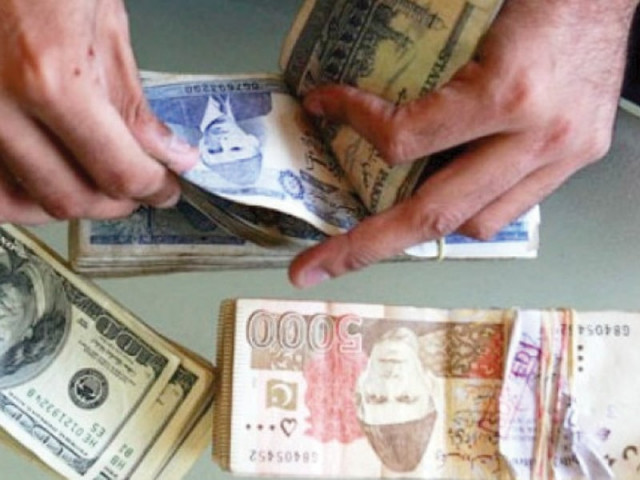Lacking transparency: Fraudulent taxpayers, collectors and auditors
Over 100 companies make billions in tax credit claims on GST, 65% businessmen delinquent

STOCK IMAGE
An example of this can be found in over 100,000 companies that face cases of defaulting on GST depositing. For a good 10 years, these companies have been pocketing withholding GST while dealing with 50 state-run institutions.
Moreover, these business houses are not part of the 23,000 other companies that have paid no GST since 2001. They all operate under the nose of tax officials, who are reluctant to confront them legally.
In 2010, over a 100 big companies supplying goods and services to state entities fraudulently obtained billions of rupees for onward depositing in the national exchequer.
Five years ago, I was told by a former Federal Board of Revenue (FBR) Chairman that investigations were under way against these companies, but as history proves, such probes, with the passage of time, lose trail and FBR gets busy with other pressing matters at hand.
This episode only came to light after FBR ordered an audit of GST non-filers on July 27, 2015.
This exercise, however, did not help the FBR extract the due amount of tax out of the defaulters’ pockets since they were not transparent concerning their records and refused to make public lists of defaulters who withheld billions in GST.
Who is responsible?
Why is FBR not held responsible for not taking appropriate action against such companies once they have listed their crimes on concrete audit reports?
While the FBR was placing these companies on the list of delinquent taxpayers, they found out that the money-in-tax was not deposited from their declared accounts into the national exchequer but via bank cheques from the state-owned companies.
That was a clear proof of their wrongdoings. Despite this, the show case notices issued to these businessmen were lenient enough to give them time to hire lawyers and get more time to withhold billions.
Crime of such nature in any other country warrants surprise raids and confiscation of company records for examination.
During the time the tribunals were to hear such cases, businessmen engaged the FBR officials into ‘deals’ for settling cases out of the court. Resultantly, the FBR officials refused to answer questions regarding the mammoth default.
The July 27 order only allows more powers to the FBR officials in dealing with such companies and also those registered businessmen who have not paid a single penny in tax while getting GST credit.
The FBR officials are hush about this double jeopardy of the state exchequer; the trick of getting tax credit while not paying it.
FBR records show that almost one third of the registered businessmen did not deposit anything into the official accounts in 2013-14, and the same appears to be the situation in 2014-15. These statistics are apart from the 35 percent of registered businessmen who did not file tax returns at all.
This situation indicates that 60-65 percent businessmen are delinquent as far as tax-payment is concerned. The rest of them pay taxes regularly, but unevenly (sometime fairly, sometime very low amounts).
This is despite the fact that their business grows each passing year.
Audit malpractices
Now I come to the audit practices the FBR ordered on July 27, 2015.
Audit has a notorious history at the tax offices in 15 major cities of Pakistan including two offices each in Karachi and Lahore, Gujranwala, Sukkur, Hyderabad, Quetta, Multan, Faisalabad, Sialkot, Bahawalpur, Rahimyar Khan, Peshawar and Hub.
Before conducting an audit, the target companies’ officials are approached and confronted with fudged figures proving tax evasion or illegal holding.
The companies’ officials, panicked by such confrontation, get bogged down into ‘deals’ which are negotiated for a long period.
Some of them are just issued notices and a compliance response is filed with no further action.
Others that fail to strike a deal face adjudication and judicial institutions where they litigate against the tax collectors’ claims of default.
According to FBR insiders, only five to ten percent businessmen are forced to pay the actual amount in defaulted taxes while others successfully strike ‘deals’ for retaining the evaded and withheld amounts.
The writer has worked with major newspapers and specialises in analysis of public finance and geo-economics of terrorism
Published in The Express Tribune, August 3rd, 2015.
Like Business on Facebook, follow @TribuneBiz on Twitter to stay informed and join in the conversation.


















COMMENTS
Comments are moderated and generally will be posted if they are on-topic and not abusive.
For more information, please see our Comments FAQ